 The author of Moonstone Hero talks about His own experience climbing Mount Kilimanjaro and the effect that experience had on him, how, as a medical doctor, he incorporated his expertise into Moonstone Hero, the various philosophical and moral questions that the novel dives into, how he blended aspects of several genres (adventure, romance, literary fiction) into one cohesive story, on the nature of heroism, how Moonstone Hero is a tribute to the doctors who have risked their lives for others during the Covid-19 crisis, and lots more.
The author of Moonstone Hero talks about His own experience climbing Mount Kilimanjaro and the effect that experience had on him, how, as a medical doctor, he incorporated his expertise into Moonstone Hero, the various philosophical and moral questions that the novel dives into, how he blended aspects of several genres (adventure, romance, literary fiction) into one cohesive story, on the nature of heroism, how Moonstone Hero is a tribute to the doctors who have risked their lives for others during the Covid-19 crisis, and lots more.
A review of How Beautiful People Are by Ayaz Pirani
 A preternatural intelligence is required to understand the complexity of beauty and to hold beauty with reverence and respect for objectivity. Pirani gives depth to these contemplations as well as to the practice of observation. The poem investigates a balance between what is and what is observed. The reflection and mergence between the viewer and the viewed arrives at the crossroad of what may quickly be lost.
A preternatural intelligence is required to understand the complexity of beauty and to hold beauty with reverence and respect for objectivity. Pirani gives depth to these contemplations as well as to the practice of observation. The poem investigates a balance between what is and what is observed. The reflection and mergence between the viewer and the viewed arrives at the crossroad of what may quickly be lost.
A review of The Rabbit Hutch by Tess Gunty
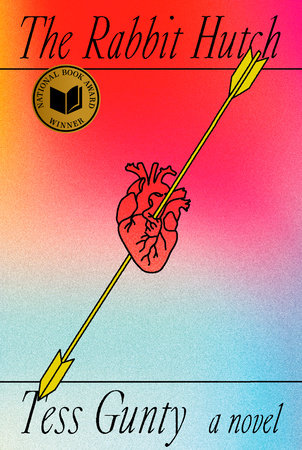
A review of American Seoul by Helena Rho
 A language constitutes a world; that idea is significant in Rho’s memoir. She goes into a Korean shop for lunch with her daughter, and a woman working there encourages her to speak Korean, as does a woman, a minister’s wife, with whom Rho talks on the phone about lessons in Korean for her daughter and son. Growing up, she didn’t speak Korean with her parents.
A language constitutes a world; that idea is significant in Rho’s memoir. She goes into a Korean shop for lunch with her daughter, and a woman working there encourages her to speak Korean, as does a woman, a minister’s wife, with whom Rho talks on the phone about lessons in Korean for her daughter and son. Growing up, she didn’t speak Korean with her parents.
A review of Lyon Street by Marc Zegans
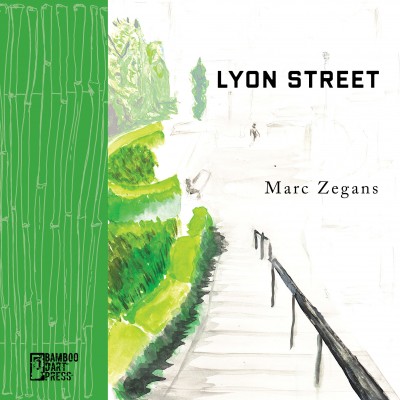 For our poet, each of the women who appear in this collection are more than characters. Each one is also an encounter to be reckoned with, an archetype, someone to be understood at a deeper level. The poem concludes with the poet wondering if this “carnival life” was “…a perfect faith that this was forever..” until he and company then “…ambled across Broadway down Columbus…climbed the secret stairs to Apple and Eve,// saw the dancing girl with the welts on her thighs,/ and realized, all this was not just play.”
For our poet, each of the women who appear in this collection are more than characters. Each one is also an encounter to be reckoned with, an archetype, someone to be understood at a deeper level. The poem concludes with the poet wondering if this “carnival life” was “…a perfect faith that this was forever..” until he and company then “…ambled across Broadway down Columbus…climbed the secret stairs to Apple and Eve,// saw the dancing girl with the welts on her thighs,/ and realized, all this was not just play.”
A review of Women Winning Office by Peggy Nash
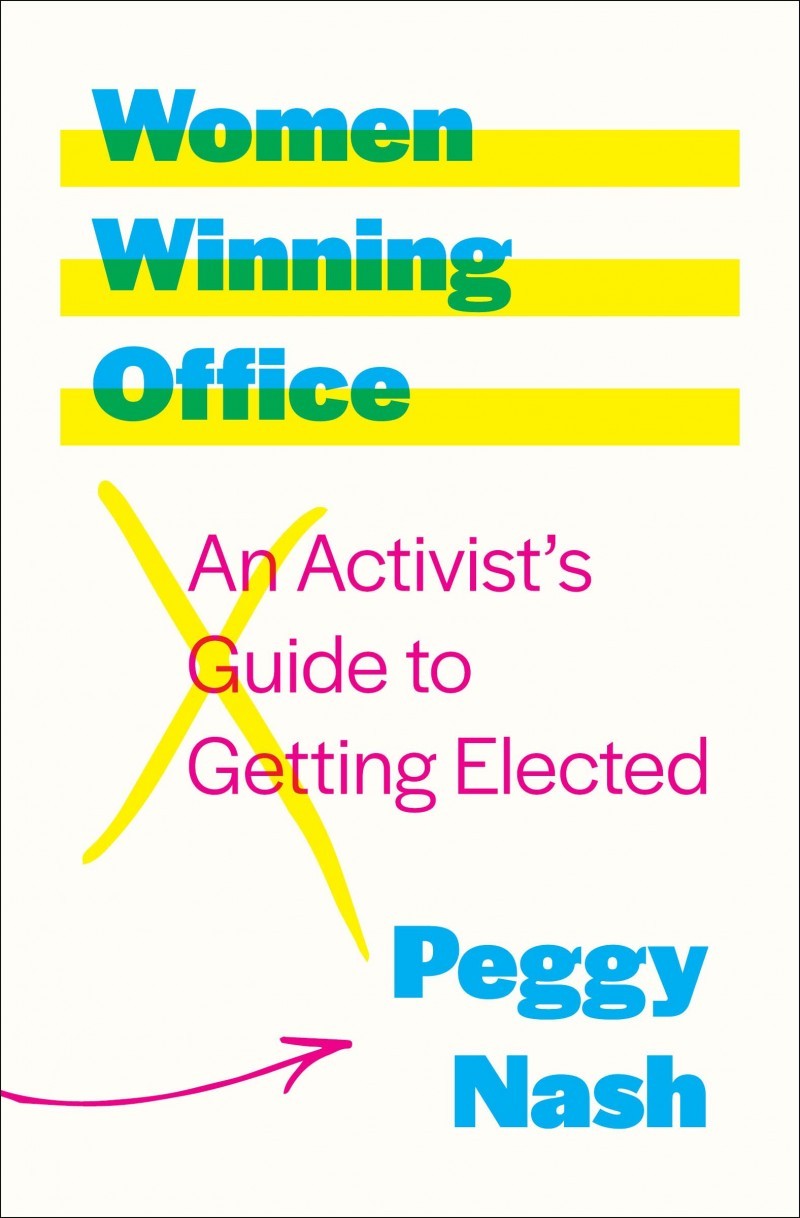 Should a woman run as an independent, or as a candidate for a recognized party? In Canadian municipal politics, everyone is an independent in theory. At the provincial and federal levels, most successful candidates have a party affiliation. Nash acknowledges that independent candidates are free of strong central control and vetting; adherence to policy and discipline, and the nomination process that a party requires
Should a woman run as an independent, or as a candidate for a recognized party? In Canadian municipal politics, everyone is an independent in theory. At the provincial and federal levels, most successful candidates have a party affiliation. Nash acknowledges that independent candidates are free of strong central control and vetting; adherence to policy and discipline, and the nomination process that a party requires
An interview with Jeff Seitzer
 The author of The Fun Master talks about his new book, about being a stay-at-home dad, how his own neurological experience both helped and hindered him in managing his son Ethan’s special needs, the best (and worst) parenting advice he received, what changed for him as a stay-at-home dad after Ethan passed away, how he came to write the book, and lots more.
The author of The Fun Master talks about his new book, about being a stay-at-home dad, how his own neurological experience both helped and hindered him in managing his son Ethan’s special needs, the best (and worst) parenting advice he received, what changed for him as a stay-at-home dad after Ethan passed away, how he came to write the book, and lots more.
A review of Enclave by Claire G Coleman
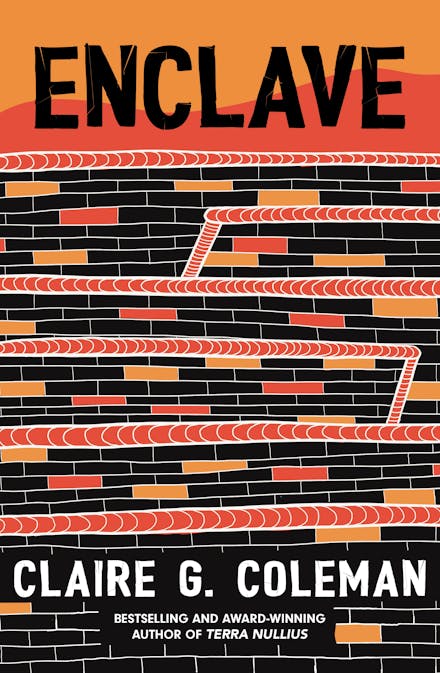 The book opens like a cracked mirror to our modern society, but it’s not quite a dystopia. The key twist in the book is so good I will resist the urge to signal it, but there are many twists in the book, moving across a terrain which takes on any number of possible futures displayed simultaneously, with humour, precision, and a poetic grace so smooth it’s easy to glide over its surface on a first reading.
The book opens like a cracked mirror to our modern society, but it’s not quite a dystopia. The key twist in the book is so good I will resist the urge to signal it, but there are many twists in the book, moving across a terrain which takes on any number of possible futures displayed simultaneously, with humour, precision, and a poetic grace so smooth it’s easy to glide over its surface on a first reading.
A review of The Circle That Fits by Kevin Lichty
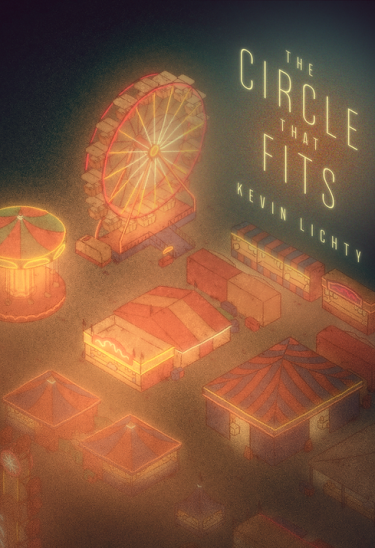 In a vignette-based narrative that takes us from Daniel’s childhood through early adulthood, we find moments of surrealism amid vivid violence within a delicate, rhythmic language that supports the wonder and naivety of the narrator. Daniel’s first circle is drawn by his father, a literal circle in the soil his father says is “all the room you have now” and forms a boundary on his grief after his mother leaves the family.
In a vignette-based narrative that takes us from Daniel’s childhood through early adulthood, we find moments of surrealism amid vivid violence within a delicate, rhythmic language that supports the wonder and naivety of the narrator. Daniel’s first circle is drawn by his father, a literal circle in the soil his father says is “all the room you have now” and forms a boundary on his grief after his mother leaves the family.
A review of The Pit by Tara Borin
 The Pit is vulnerable. Every character is one that you might know and put a face to. None are foreign or fantastical and in that way, friendly yet tragic in the same breath, quickly urging sympathy from the reader. Just as a pub is a collector of escapists and thrill-seekers, it is routinely a home for the broken and suffering. The manner in which Borin curates a motif of safety is endearing and compliments the beauty of The Pit.
The Pit is vulnerable. Every character is one that you might know and put a face to. None are foreign or fantastical and in that way, friendly yet tragic in the same breath, quickly urging sympathy from the reader. Just as a pub is a collector of escapists and thrill-seekers, it is routinely a home for the broken and suffering. The manner in which Borin curates a motif of safety is endearing and compliments the beauty of The Pit.